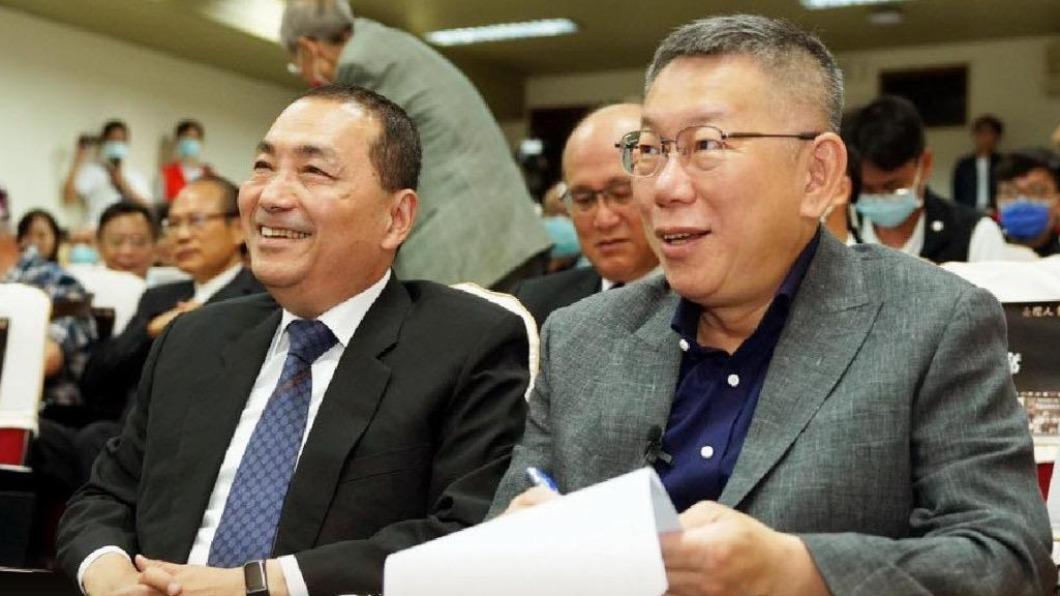TAIPEI (TVBS News) — Taiwan People's Party (TPP) presidential candidate Ko Wen-je outlined several cultural initiatives for various ethnic groups in the country on Thursday (Nov. 16) in the hopes of strengthening their rights through legislation.
The candidate highlighted that the composition of Taiwan is primarily a result of self-identification among different ethnic groups.
According to him, 67% of the population identified themselves as Fujianese, 19% as Hakka, 5% originating from various provinces on the Chinese mainland, 2% indigenous Taiwanese, and 8% comprise the so-called "new residents" — a group that includes migrant workers, professionals, new immigrants, second-generation new immigrants, and foreign university students.
Ko emphasized that "new immigrants" have emerged as the fourth largest ethnic group in Taiwan.
The TPP candidate advocated for Taiwan to become a melting pot for diverse ethnic groups and stressed the importance of enriching Taiwan's culture.
He proposed a law against ethnic discrimination to safeguard the interests of all communities.
Specifically addressing the Hakka community, Ko unveiled four major proposals, including implementing a "Hakka Basic Act," aimed at preserving Hakka culture and positioning Taiwan as a global hub for Hakka society.
Ko also presented five policies supporting Taiwan's indigenous populations. He suggested enacting laws that grant more rights to indigenous people and establishing tribal self-governance councils.











